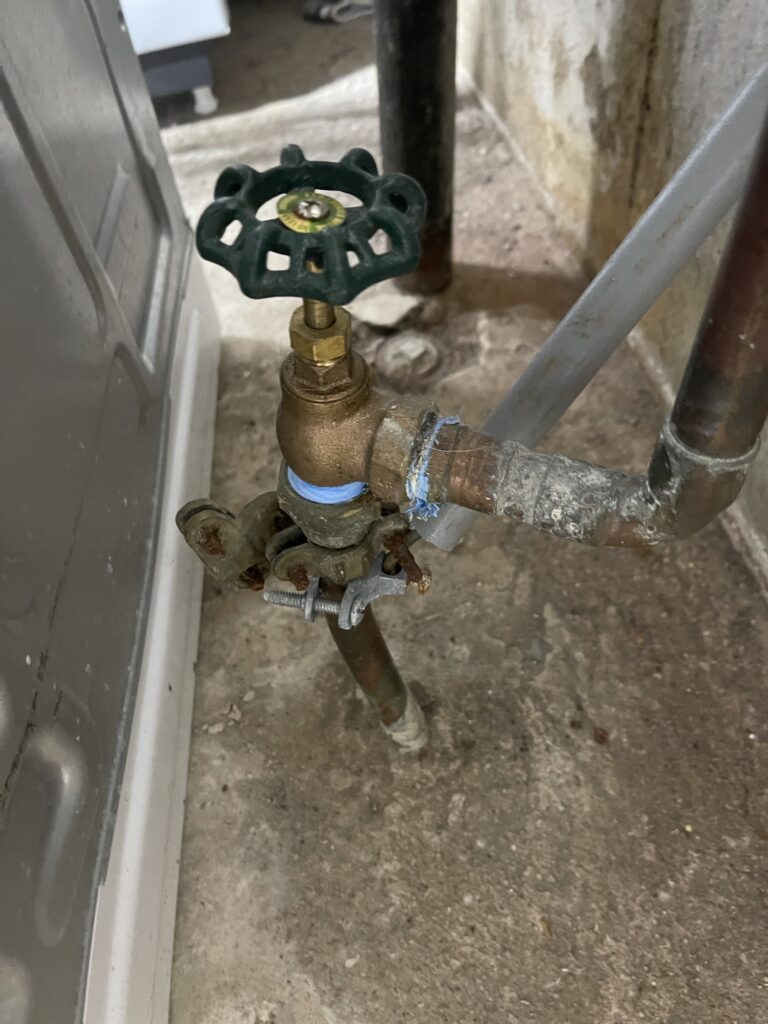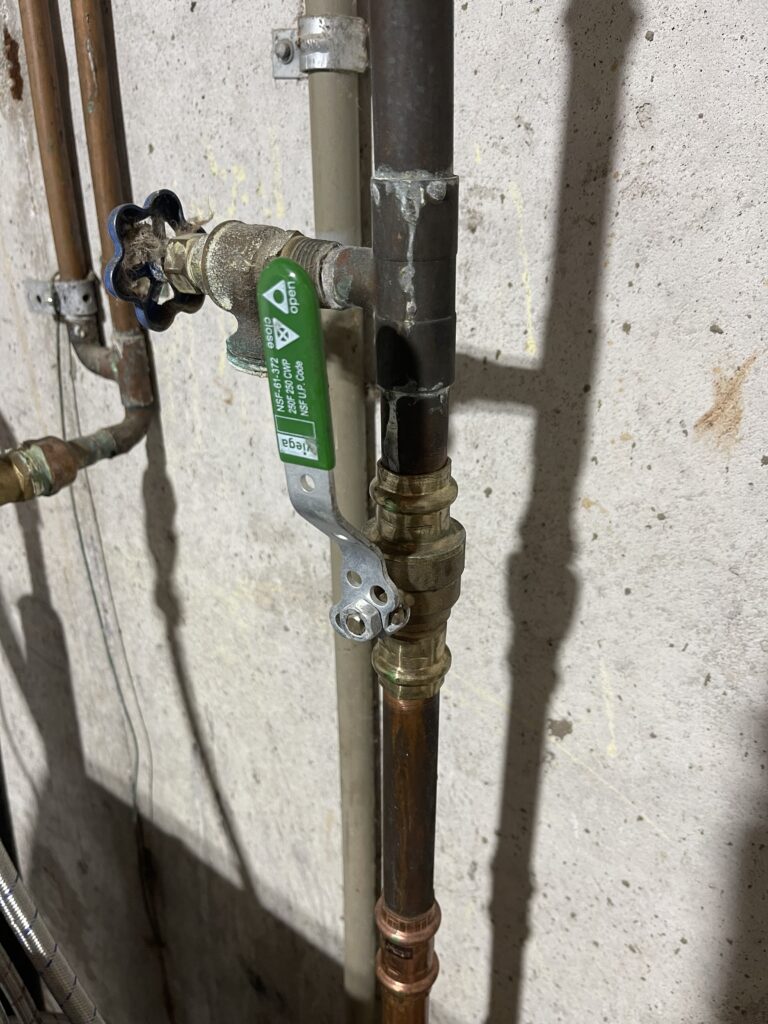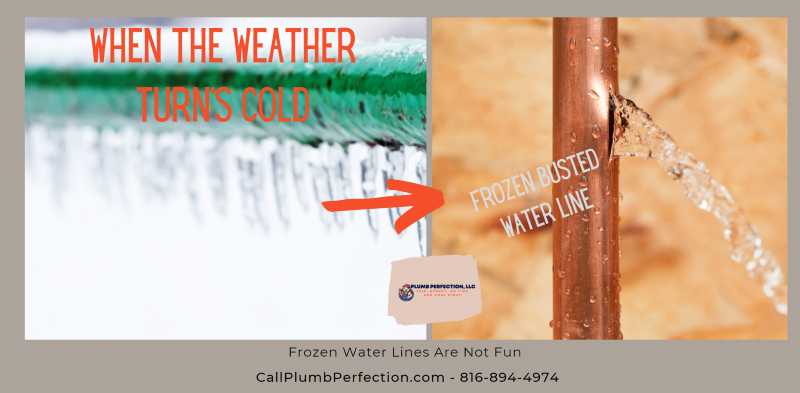Frozen Pipes?
If you discover that your pipes have frozen, there are a few steps you can take to prevent them from bursting. First, turn off the water supply to the affected pipes to prevent any potential flooding once they start to thaw. Then, open a faucet to allow water to flow and relieve pressure in the pipes. You can also apply gentle heat to the frozen section of the pipe using a hairdryer, space heater, hair dryer, or heating pad. Be sure to never use an open flame to thaw the pipes, as this can be extremely dangerous. Additionally, wrapping frozen pipes in towels soaked in hot water can help expedite thawing. It’s important to be patient and avoid using excessive force to thaw the pipes, as this can cause them to burst. Once the pipes have thawed, check for any damage or leaks before turning the water supply back on. If you are unable to thaw the pipes yourself, it’s best to call a professional plumber for assistance.
Why do pipes freeze?
Pipes freeze when the temperature drops below the freezing point of water, causing the water inside to solidify and expand. This expansion puts pressure on the walls of the pipe, leading to cracks or bursts. The most common locations for pipes to freeze are in unheated or poorly insulated areas of a building, such as basements, attics, or crawl spaces. Additionally, pipes located in exterior walls or along the outer edges of a building are also at risk of freezing. The lack of insulation or exposure to cold air and wind increases the likelihood of freezing. Other factors contributing to frozen pipes include thermostat failure, inadequate heating, and sudden temperature drops. Homeowners can take preventative measures to reduce the risk of frozen pipes, such as insulating exposed pipes, sealing air leaks, and keeping indoor temperatures above freezing. Running a slow drip of water from faucets can also help prevent freezing by keeping water moving through the pipes. Furthermore, installing heat tape or using space heaters in vulnerable areas can provide additional protection. Overall, understanding the factors contributing to frozen pipes can help homeowners take proactive steps to prevent costly damage and inconvenience.
What to do if a pipe bursts?
During a winter cold spell, water pipes may freeze and become blocked. If the blockage is not addressed, the pressure can build up and cause the pipe to burst. A burst water pipe in your home can result in over a thousand of dollars in damages to your home or business, so it’s crucial to take action immediately.
Follow the steps below to help minimize the damage.
- Shut off the water – Get the water turned off at the source. You should know where the water pipe runs into your home. There should be a shut-off value there. Take your time using the value as it could be old and never used. See examples of water shut-off values below.
- Repair the Pipe – Contact a plumber to ensure the quick and proper repair of the pipe. Trying to fix the pipe on your own could lead to more damage, so it is better to trust the professionals. Just Google plumber near me. If the pipe bursts in the night and you can get the water shut off to stop any further water damage to the home you may want to hold off till the next day to call a plumber. By waiting till the next day there will be more plumbers available and most likely a lower price to repair the busted water line.


How to Prevent Frozen Pipes
Here are some basic steps to take to try to stop pipes from freezing. You might want to consider hiring a professional to check for areas especially if you have a crawl space under your home.
- Make sure the thermostat is set to a minimum of 55°F, even if you plan to be away from home for a few days on vacation. Or have a monitoring thermostat that you can watch when on vacation to make sure your home is staying warm.
- Gently open the taps to ensure a steady flow of water.
- You can open the cabinet doors under the sinks to allow heat to reach the uninsulated pipes. For a more permanent solution, think about insulating the exposed pipes, especially those running along the outside walls.
- Use caulk and seal any gaps around your house where cold air might seep in near pipes.
- It is important to closely monitor pipes in areas that are not heated, such as basements, attics, crawl spaces, and outside walls, especially in homes in warmer climates that were not constructed with the risk of freezing in consideration.
Need Help Thawing Frozen Pipes?
If you don’t have the tools and are afraid to thaw your frozen pipes possibly flooding your home then call a professional plumber. Open up Google and start calling plumbers near me to locate one you are comfortable with to help you fix your busted water line.
Call 816-894-4974 for a plumber near you! Plumb Perfection LLC is here to help with all your plumbing issues.

